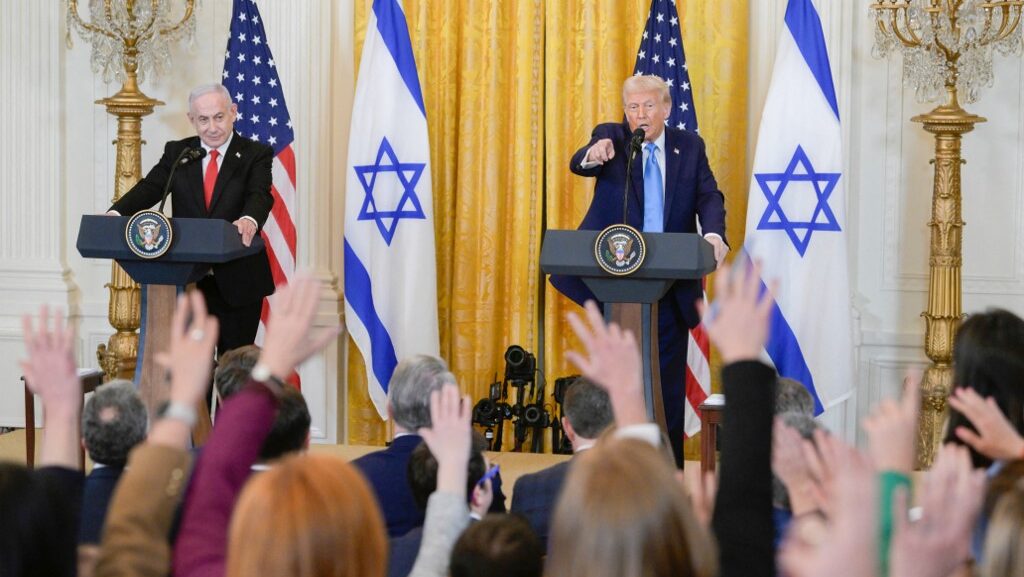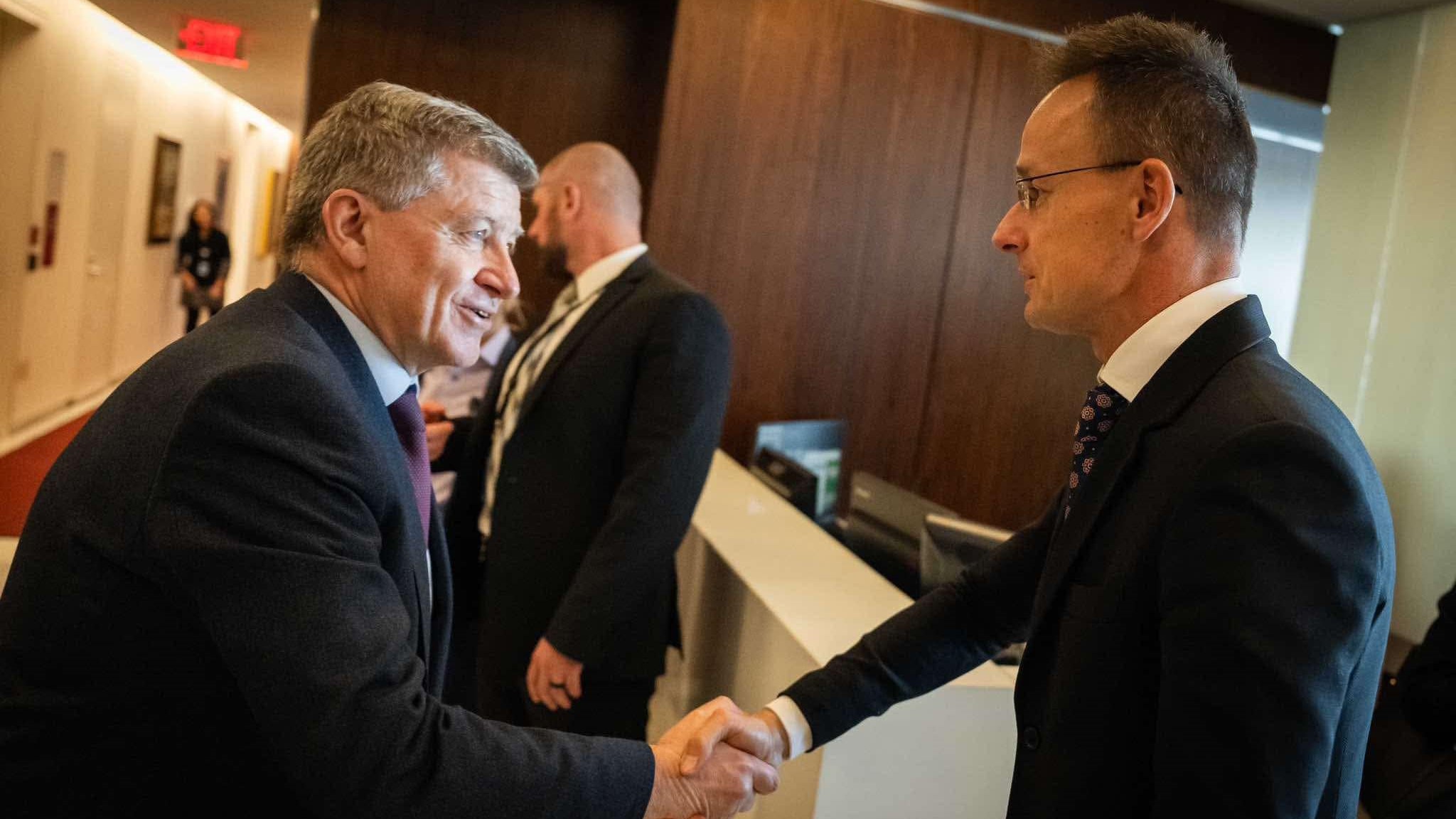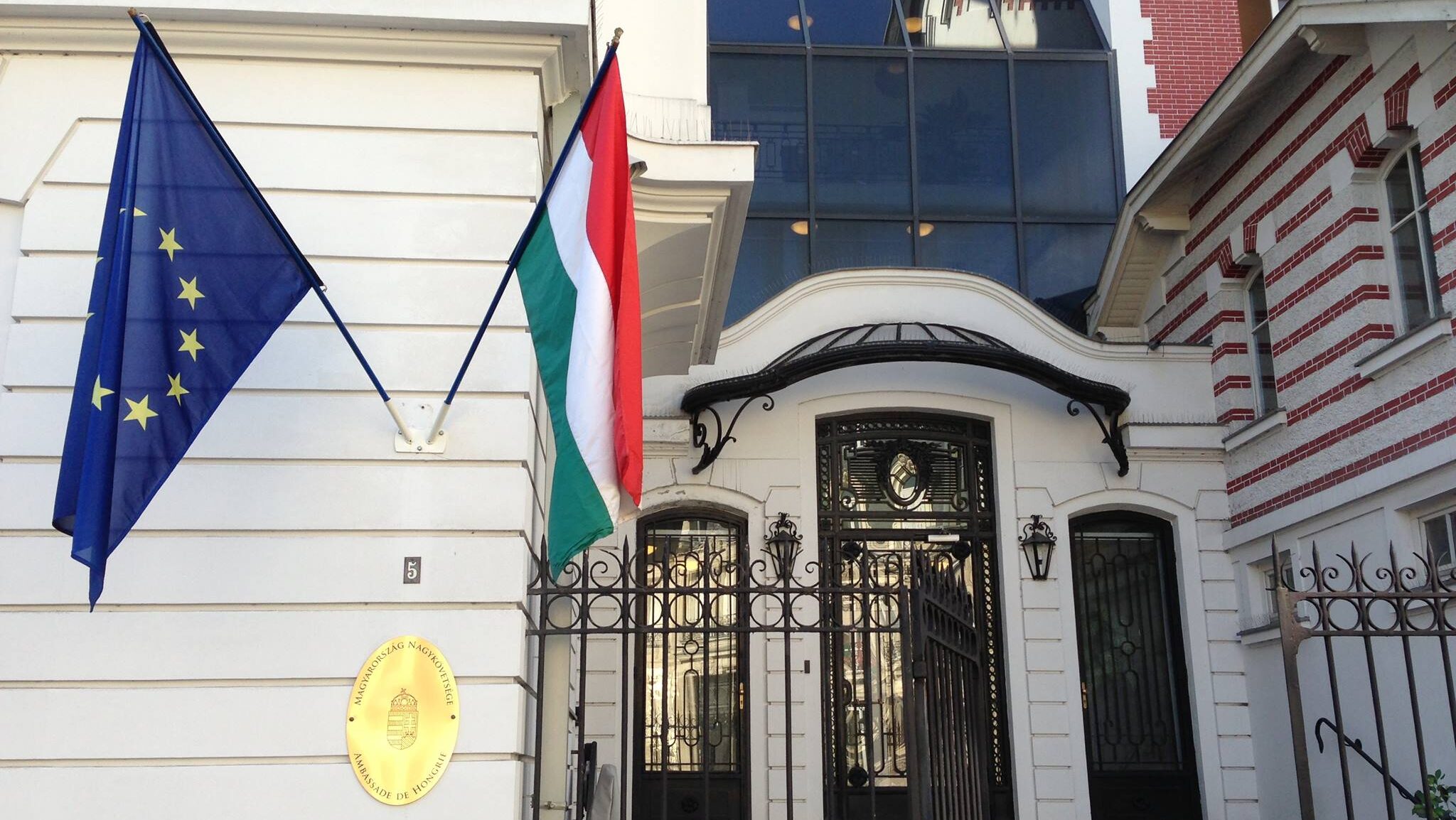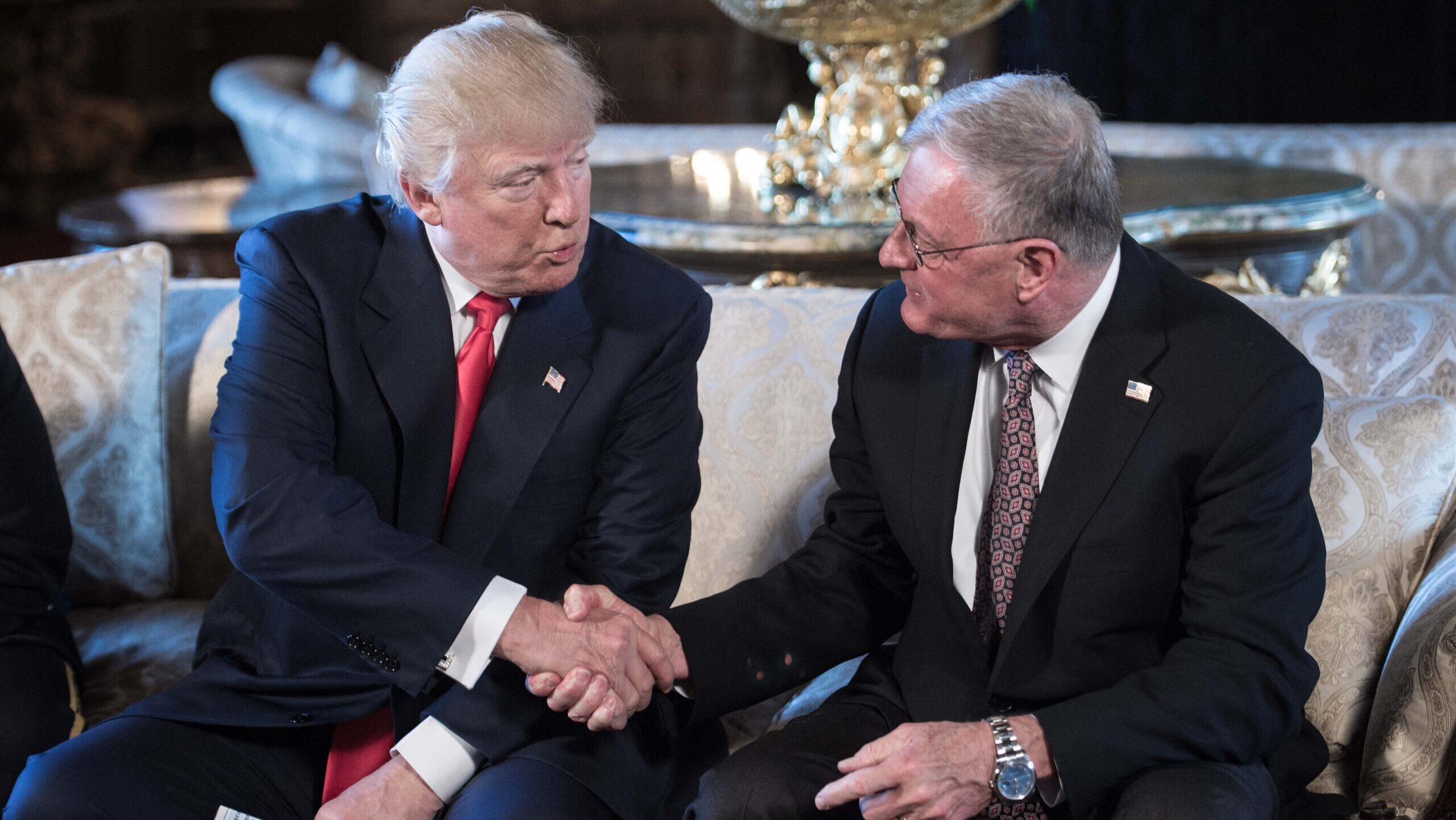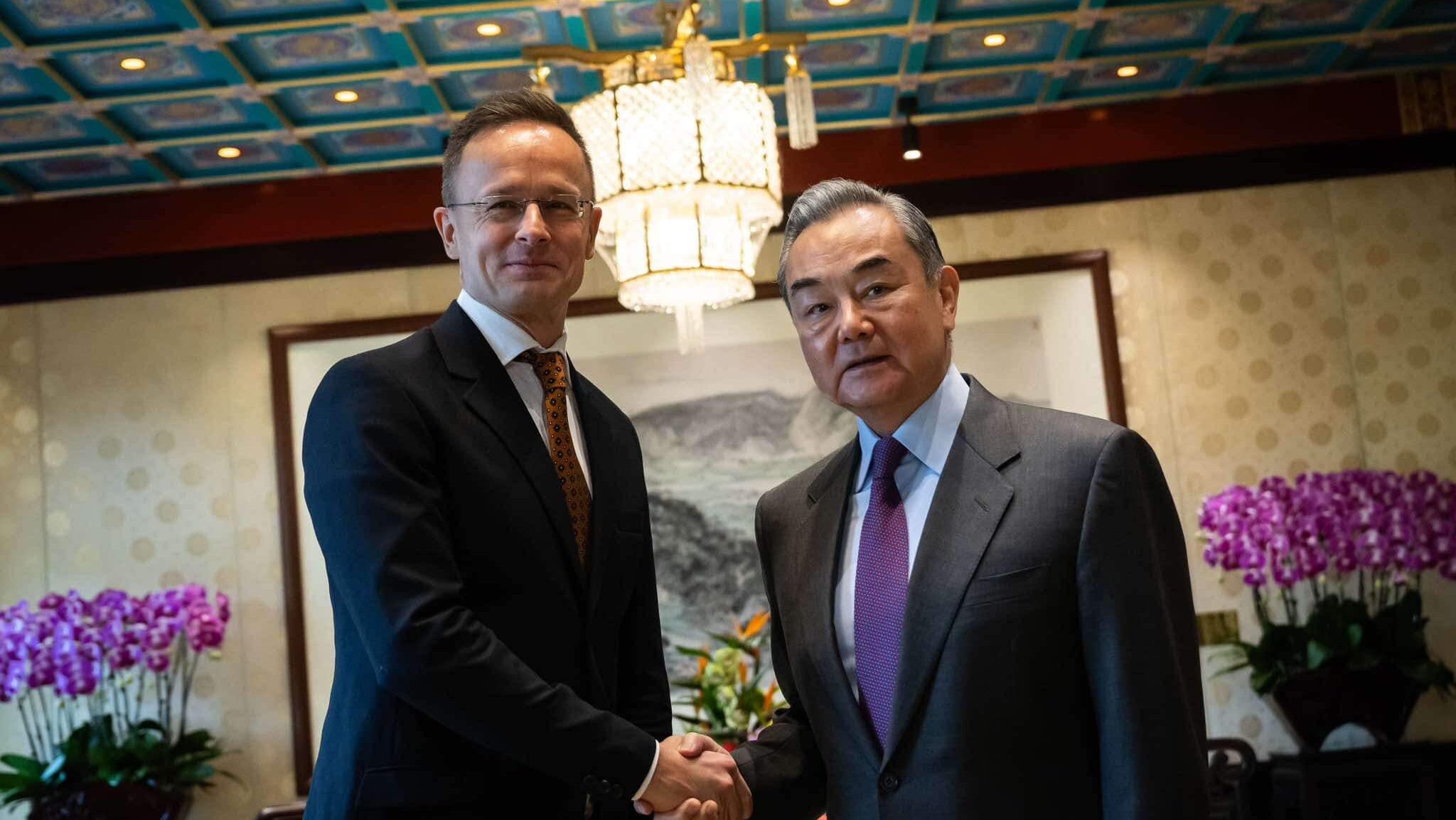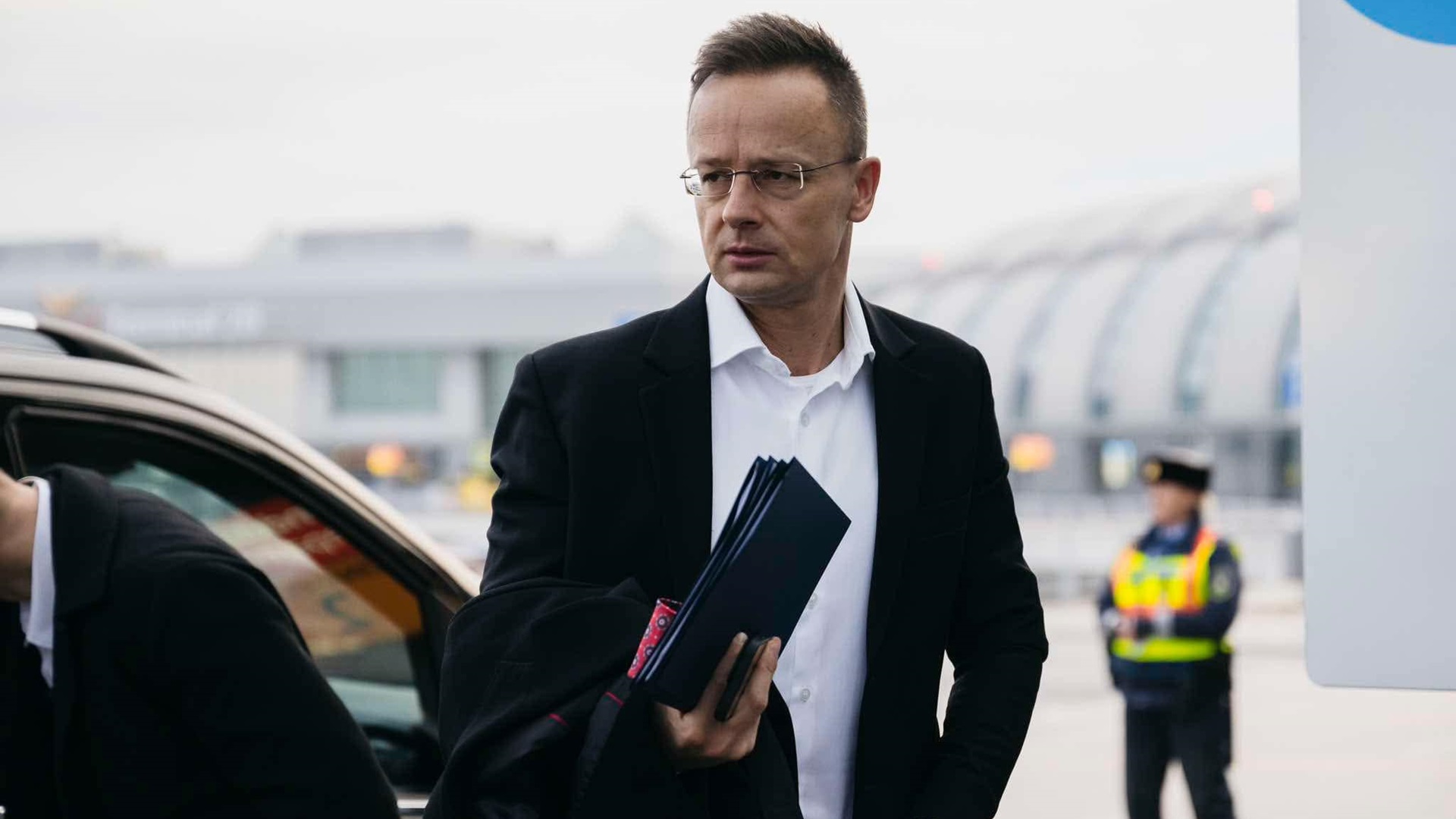
Hungarian FM Blames EU Leaders for Undermining Ukraine Peace Talks
‘Pro-war, anti-Trump, and frustrated European leaders are coming together with the clear intention of obstructing a peace agreement,’ Hungarian Minister for Foreign Affairs and Trade Péter Szijjártó stressed on Monday. He was referring to the emergency summit hosted by Emmanuel Macron in Paris, where the most influential European countries are gathering to respond to US-led peace talks aimed at ending the war in Ukraine.

